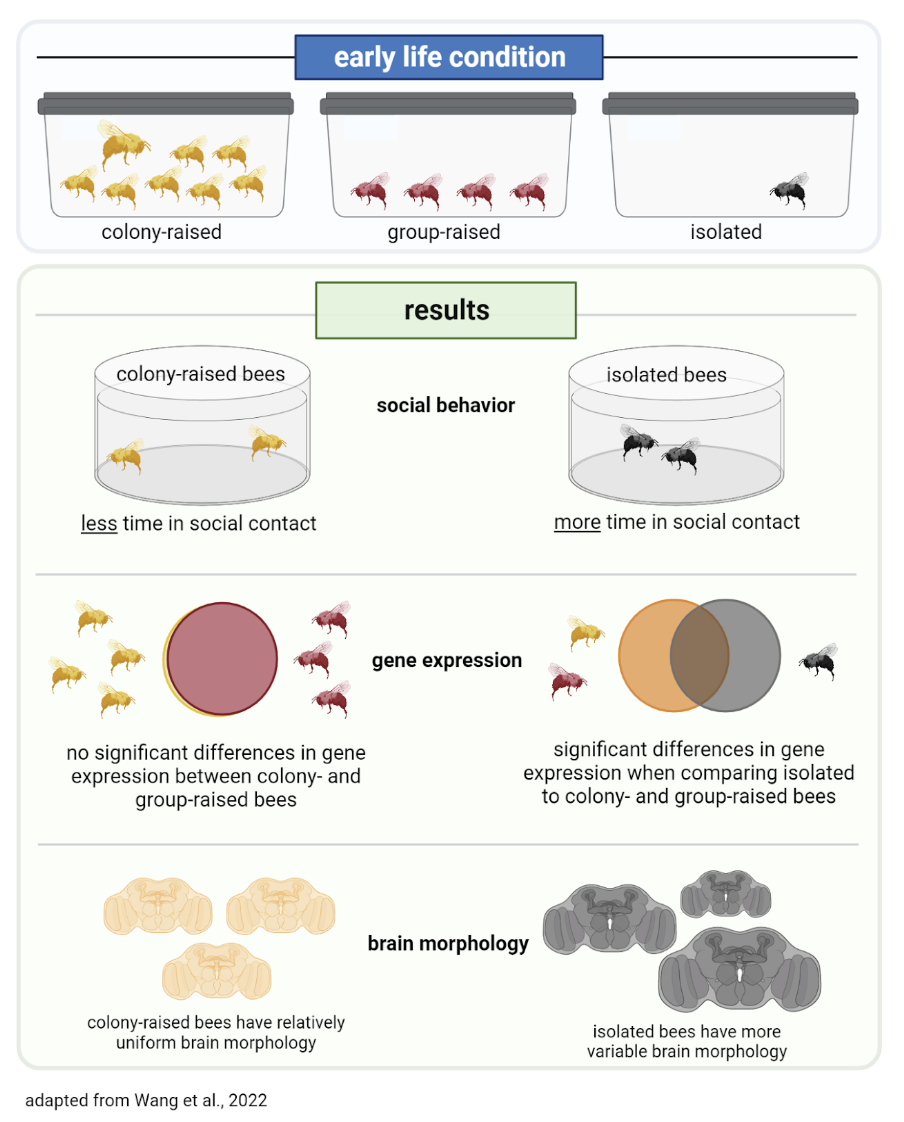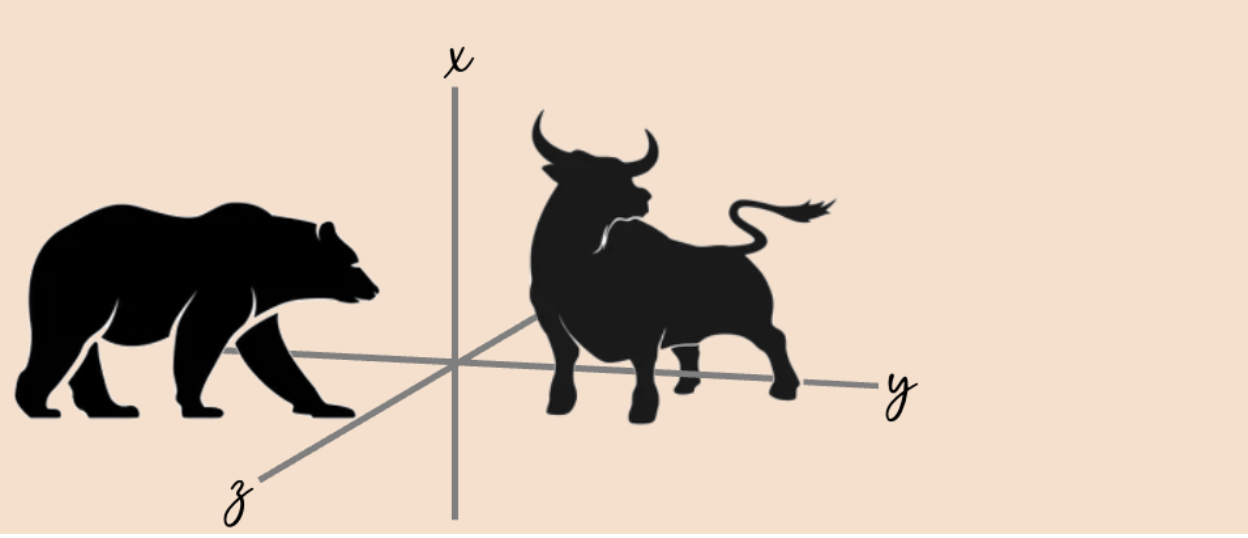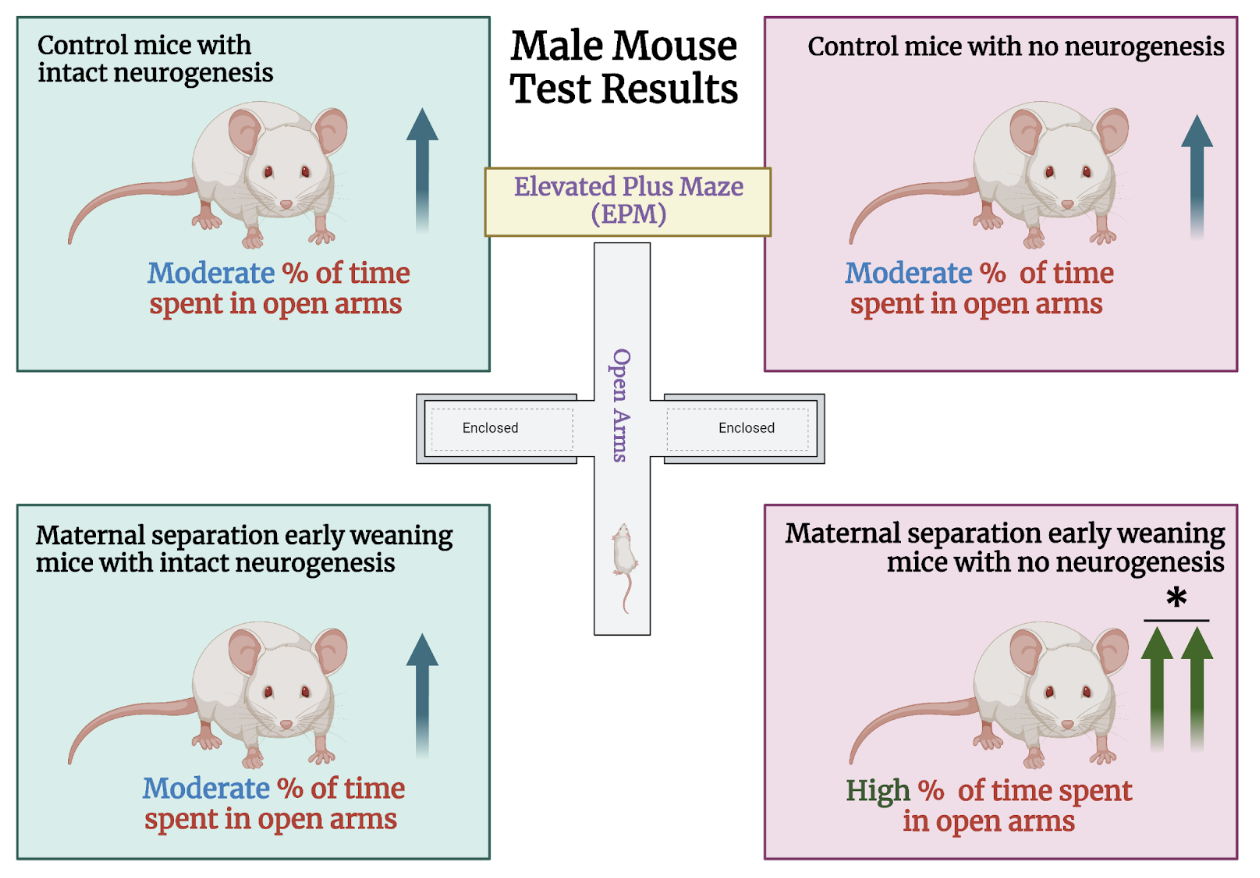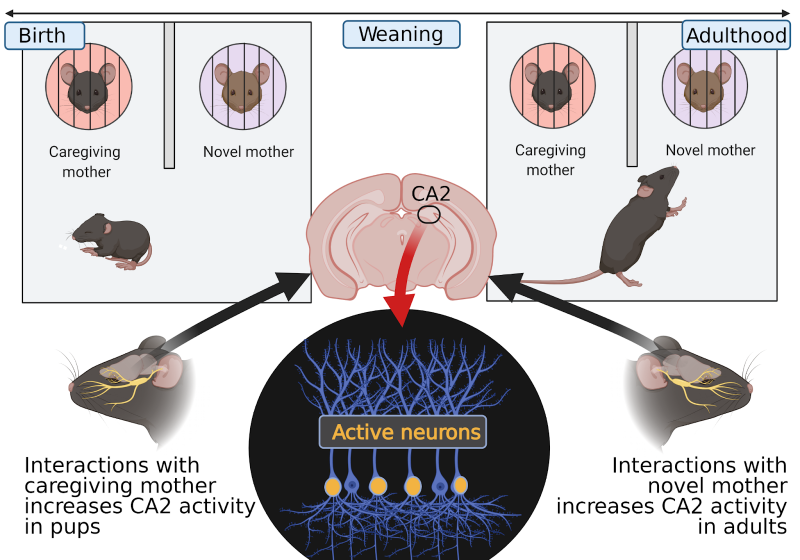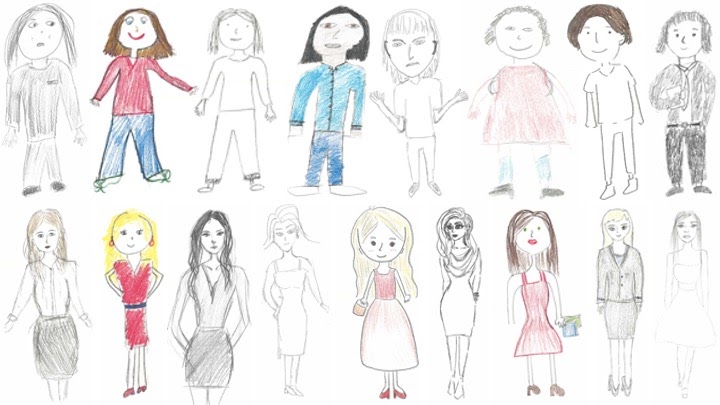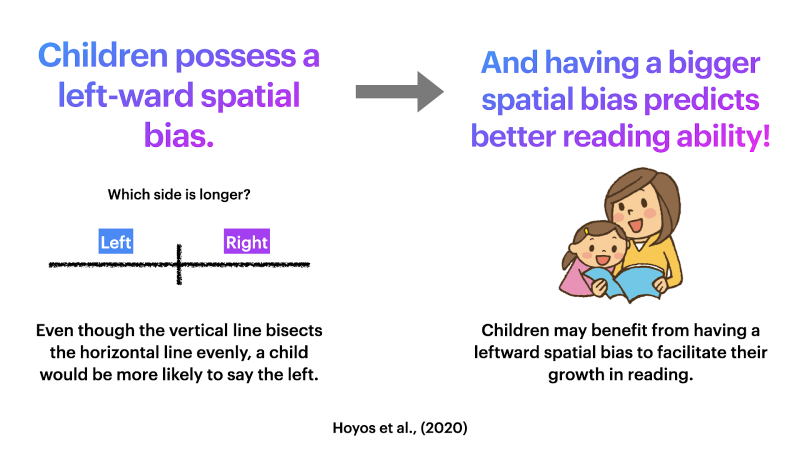Review written by Adelaide Minerva (PNI, G4) and Rebekah Rashford (PNI, G5)
Throughout the COVID pandemic, many of us were faced with profound levels of social isolation which took a toll on both our mental and physical health. This has been especially detrimental for children, whose brains and social skills are still developing. Normally, social experience in early life plays a crucial role in guiding this development; but what happens when that guidance is no longer present? Disruptions to the early social environment have been seen to negatively impact other social species besides humans, such as mice, fish, and some insects. Studying how social isolation may disrupt the development of these highly social species can provide insight into the neural mechanisms underlying both typical and aberrant behavior at a level of detail not currently possible in human subjects. Taking advantage of one of these highly social species, Dr. Yan Wang and colleagues in the departments of Ecology & Evolutionary Biology and the Center for Biophysics at Princeton used bumblebees to measure the effects of early life social isolation on behavior, gene expression, and whole-brain neuroanatomy.
Continue reading “Isolation Disorganizes Typical Social Interaction and Whole-Brain Genetic Expression in the Bumblebee”
